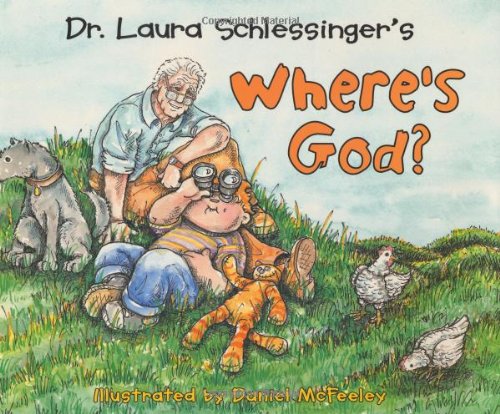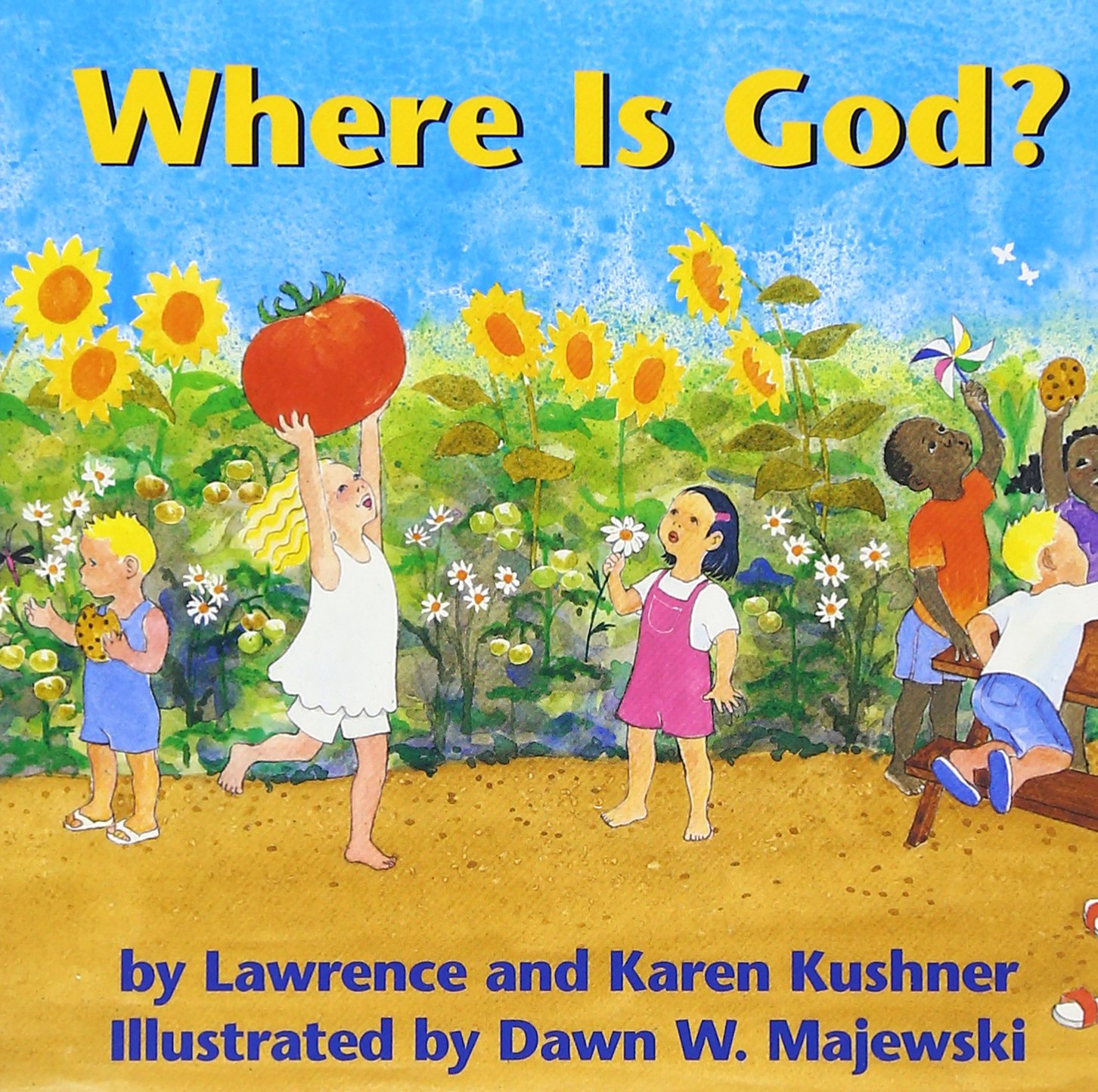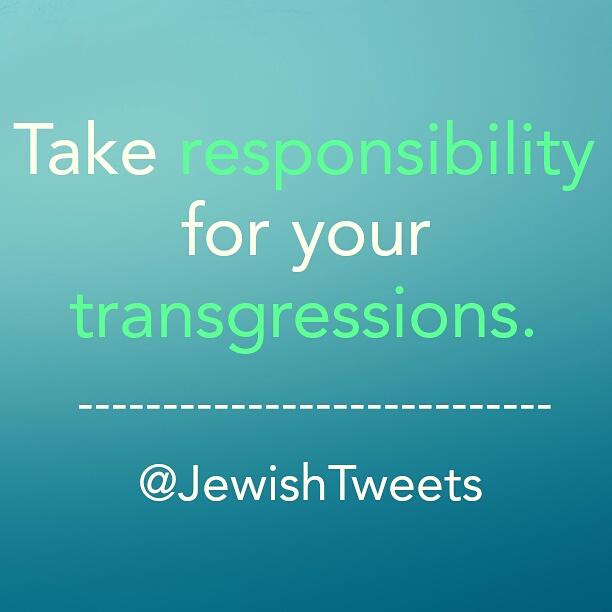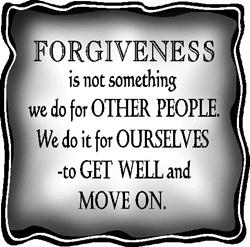I'm sure you've all heard the story of Kesha by now. If you haven't here's the long and short of it via Skimm:
WHAT TO SAY WHEN YOUR FRIEND FORGETS HER WALLET AT HOME…
Will $250,000 get you through? Earlier this week, Taylor Swift wrote "$250,000" in the blank space on a check to Kesha to help the singer get through some tough times. Back in 2014, Kesha filed a lawsuit against her former producer Dr. Luke for allegedly drugging, raping, and verbally abusing her for years. Dr. Luke has denied the charges, and his lawyers sayKesha made up the claims to get out of her recording contract. Late last week, a NY judge said she can't get out of her contract early while the court case plays out. Lots of big name ladies in music – Lady Gaga, Demi Lovato, Kelly Clarkson, and now T-Swift – have come out to support Kesha.
So now that you have the DL on what's up with Kesha, let's talk about all the Jewish writers out there comparing her to an Agunah. Wait, you don't know Agunah. It's a Jewish terms which literally means a 'chained woman.' Basically it boils down to the fact that in order to get a divorce a woman needs to have consent from her husband. Here in America it's possible for you to have a civil divorce but not a religious one, which means that living with another man or having children would make them technically children born out of wedlock, despite a civil marriage to the contrary.Back to Kesha. What she's going through is really rough, and I do feel badly for her. I can understand how being forced to stop working, unable to do what she loves and secure a financial future. I don't agree with the court for enforcing the contract with her attacker, which means she is legally chained to a man who has abused her. But I still don't think that makes her an agunah.
To compare a woman's ability to earn money as similar to her ability to raise her family, find and have love and enjoy any actual freedom is insane. It belittles women around the world who are struggling to get a 'get.' In a marriage you have an interplay of family, children, finances, home, everything a person needs to have and keep a secure life. While Kesha might not be able to make money being a recording artist, there's nothing to stop her from having a safe home, a loving and normal relationship, etc. Maybe she can do what Prince did to get out of his contract?
Divorce is an extremely complicated issue, which already has so many sides and factors to consider. And the Jewish position which puts women at a disposition can really seem like an unfortunate side effect. Here, however, lies the truth. Neither a woman NOR A MAN can get granted a divorce without consent of the other. The trouble lies in the fact that a man can 'lie' with another woman, father her children and those children will still be considered Jewish, not mamzerim. A few movies show the legal difficulties of a woman, who might not be living with her husband, or whose husband may even be deceased without a body and the struggles they go through.
The discussion is particularly relevant, given the Daf Yomi tractate from the Talmud where the Rabbi's debate the particulars of a man granting his wife a gett. IT's interesting to see the lengths they go to debate something. To really try to understand the intricacies of what might happen, how that might change things, and where to go from there.
By all means, let's try to free Kesha. But maybe, while you are thinking about her, you could also be thinking about any of these women, whose plight might be a bit graver than hers...
Redeem Rivky






















